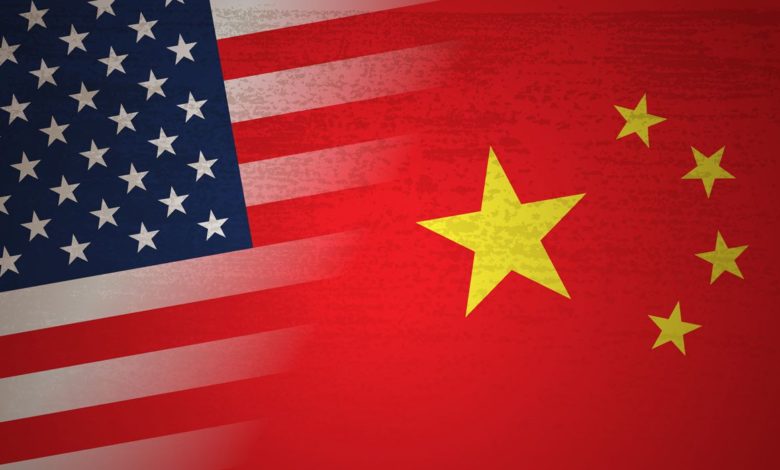
A 12 December Senate Judiciary Committee hearing focused on increasingly proactive Chinese espionage efforts to acquire both commercial and militarily-sensitive technologies from U.S. sources.
In his hearing statement, Judiciary Chair Charles Grassley framed the nature of the challenge posed, noting estimates that China is responsible for 50-80 percent of cross-border intellectual property (IP) theft worldwide, and more than 90 percent of cyber-enabled economic espionage in the United States, effectively transferring up to $600 billion in technology-generated economic wealth.
In addition to cyber-intrusions and hacking, China is also employing a number of legal means to access and transfer American innovation, including national “Talent Programs” geared at recruiting leading American researchers to do research in China and the funding of Confucius Institutes at U.S. universities, which have worked to stifle anti-China dissent on campus. This past August, the National Institutes of Health also reported its discovery that NIH grants are going to researchers who did not disclose that their research was also sponsored by China and other foreign governments.
In testimony, John Demers, an assistant attorney general in the Justice Department’s National Security Division, reported that from 2011-2018, more than 90 percent of the Department’s cases alleging economic espionage by or to benefit a state involved China, and more than two-thirds of the Department’s theft of trade secrets cases have had a nexus to China. He also highlighted concerns over acquisition of sensitive U.S. technologies through foreign direct investment, as well as increasing supply chain threats, especially in the telecommunications sector.
Christopher Krebs, director for the Cybersecurity and Infrastructure Security Agency at the Department of Homeland Security warned that risks to the information and communication technologies (ICT) supply chain are a pervasive threat, a problem that has been exacerbated by the failure of federal procurement rules to keep pace with the evolution of the threat. He also added that new rules are needed to combat the threat to U.S. federal information technology networks when intelligence and vulnerability information identifies risks that cannot be mitigated.
E.W. Priestap, assistant director for the FBI’s Counterintelligence Division, highlighted what he described as world-wide “hyper-competition,” and warned that we are engaged in a more fundamental competition between the U.S. and Chinese political and economic systems for future dominance.
Dean Cheng, a Senior Research Fellow at the Heritage Foundation, emphasized the close linkages between the Chinese military and commercial sectors allow them to engage in non-traditional methods of espionage, and to employ them against non-traditional targets, which challenges the United States to think beyond its traditional military and intelligence approaches to counter-espionage, and to prevent significant technologies from reaching China.
Peter Harrell, a Senior Fellow at the Center for New American Security, reminded the committee that China is not the only espionage threat, noting economic espionage in the United States traced to 12-15 countries, including erstwhile allies, such as France and South Korea. He acknowledged, however, the rise of espionage related to advancing the Made in China 2025 industrial strategy, including China-linked intrusions into U.S. firms working in cloud computing, artificial intelligence, internet connected devices, biotechnology, energy, robotics, transportation, agricultural machinery and high-end medical devices. In addition to acquisition of technology, Chinese hackers have stolen cost and pricing information, labor strategy documents, and think tank policy analyses.
Harrell urged the White House to expand the use of U.S. legal authorities to target companies that engage in and/or benefit from economic espionage, and to use new tools provided by Congress to screen potential foreign investments and expand controls on the export of critical emerging and foundational technologies. He also urged Congress to expand the current prohibitions on importing items made with stolen U.S. IP, and to study proposals authorizing U.S. companies who are victims of Chinese economic espionage to “hack back.”
James Mulvenon, with SOS International and author of a widely referenced book on “Chinese Industrial Espionage,” emphasized the role of the Chinese government in the ongoing economic espionage, noting that “Chinese non-traditional espionage is not done randomly by overzealous individuals acting on their own. Rather, China has quietly enacted some two dozen laws creating a state-run foreign technology transfer apparatus that sponsors, for example, labs in China that are informed wholly by compatriots working abroad; databases of foreign co-optees; stipends, sinecures and cash to foreign donors of high-tech innovations; and the care and feeding of agents willing to ‘serve China while in place’ abroad.”
To view the hearing and access witness statements, go to: https://www.judiciary.senate.gov/meetings/chinas-non-traditional-espionage-against-the-united-states-the-threat-and-potential-policy-responses






